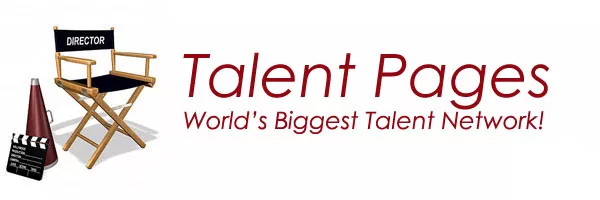Cold Reading
What is a Cold Reading ?
Cold reading is a term used by actors and other performers in theatre, television, or film. A cold reading is a reading aloud from a script or Sides without any rehearsal, practice or study in advance.
Cold readings are employed frequently in actor auditions , to allow the casting director to get a general idea of their performing capabilities. They are also used in acting classes for scene study and audition technique classes.
Cold Reading Tips
- Don't look down at the paper all through the reading. Put your thumb next to the line you're reading for reference. Look quickly at the line and commit it to memory, then look up and deliver it. Let the director see your expressions. If your lines are too long to commit to memory at a glance, go ahead and repeat the process. But whatever you do, don't bury your head in the script.
- Listen! Sometime you have an idea about the character by glancing at the script, but the director may have another idea. If the director describes the character and the situation to you, listen! Don't try to sneak a peek at your lines. It's better to understand what the director is looking for than to focus on the next line.
- While you're reading, focus on the person who's reading with you. Look at what you have to say, then communicate with the other actor. Don't read the lines to the camera, the casting director, or anyone else that is in the room. Read only to the person who reads with you.
- If it is a stage production, don't be afraid to use space and movement during cold readings. Follow your instincts. If it's a screen reading, don't move a lot, stay within your frame, unless your were instructed otherwise.
- Listen to your partner's line rather than reading ahead. Much of acting is reacting, and your silent response is often as important as ,much as your spoken one. Let the director see your reactions.
- Be conscious of your posture. Everything about you should play the role--not just your voice.
- If asked to read in a different way, take it as a compliment not a criticism.
- Don't apologize, or request to start over. A casting director looks how you deal with the situation, not only with the text. Take your time if you made a mistake, then make it a part of the character.
How to Master the Audition Process
- Take a Cold Reading workshop. These classes are targeted to teach you how to adapt quickly to any changes and still remain confident and competent as an actor.
- Many times you will read for a casting director, but you will be recorded on video as well. It is very important that once the audition started (after slating your name to the camera), you will look only at the person you're reading with. Don't look at the camera during the audition. Just like actors don't stare at the camera during the film. If you do, it will break the film illusion, and will break your character.
- Come as the character. Let the Casting Director see you as the character before you started the reading. Don't break your character even after you left the room.
- Speech / Voice / Accent Reduction classes: If you have an accent, you may want to consider some speech coaching to gain an American. It is also important to be able to do other accents.
- Take some singing / dancing lessons. You never know when they will come handy.
Don't Pay to Audition!
Talent Pages has free movie casting and acting resources, casting calls auditions notices for film and TV. We provide acting tools and tips for actors and models for FREE.

